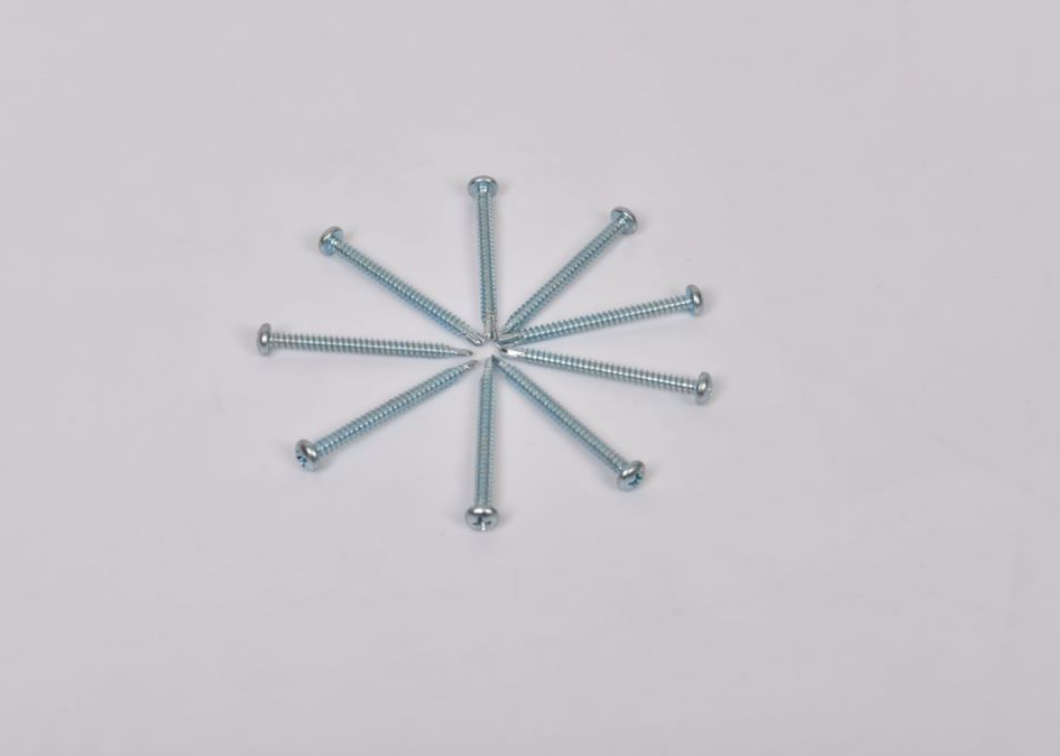wholesale fender vs flat washer
Understanding the Differences Between Wholesale Fender Washers and Flat Washers
When it comes to fastening solutions in various industries, washers play a critical role in ensuring the integrity of bolt and screw connections. Among the various types of washers available, fender washers and flat washers are two common options often used in construction, automotive applications, and other mechanical assemblies. While they may seem similar at first glance, these two types of washers have distinct characteristics and uses that set them apart. This article delves into the differences between wholesale fender washers and flat washers, highlighting their unique features and applications.
What Are Flat Washers?
Flat washers are simple, thin disks made from materials such as steel, plastic, or rubber. Their primary function is to distribute the load of a threaded fastener, which can help prevent damage to the surface being fastened and reduce the risk of bolt or screw loosening due to vibration or torque. Flat washers come in various sizes and thicknesses, making them versatile for many applications. They are commonly used in both industrial and residential settings, such as securing plumbing fixtures, in electronics, or in automotive parts.
One of the main advantages of flat washers is their ability to provide a smooth surface for the nut or bolt to bear against, thereby reducing friction and improving assembly quality. They also help to prevent leakage when used with certain applications involving liquid containers, as they can provide a tight seal when properly fitted.
What Are Fender Washers?
Fender washers are a type of flat washer but with a larger outer diameter relative to their inner hole diameter. This unique design allows fender washers to distribute the load over a wider area compared to standard flat washers. Fender washers are typically used in applications where the surface being fastened is soft or where there is a risk of the fastener pulling through the material. Their larger surface area prevents damage to the surface and ensures a more secure hold.
Fender washers are widely used in automotive applications, such as securing fenders or other body parts where a larger surface area is beneficial. They can also be used in the construction of furniture, electrical applications, and roofing installations.
wholesale fender vs flat washer

Key Differences Between Fender Washers and Flat Washers
1. Size and Shape The most apparent difference between the two types of washers is their size and shape. Fender washers have a wider outer diameter, while flat washers are generally smaller in diameter. This difference allows fender washers to distribute load more effectively across a larger area.
2. Load Distribution Due to their design, fender washers excel in applications requiring superior load distribution. Flat washers are effective for standard fastening needs, but they may not perform as well in scenarios where the surface could deform or when using softer materials.
3. Applications While both types of washers can be used in a variety of applications, their specific use cases often differ. Flat washers can be used in a wide range of general fastening situations. In contrast, fender washers are mostly employed in applications where the strength of the connection is paramount, such as automotive repairs or structural supports.
4. Material Consideration Both types of washers can be made from similar materials, including stainless steel, zinc-plated steel, or plastic. However, the choice of materials may vary based on the application requirements, corrosion resistance, and load-bearing capabilities.
5. Aesthetic Considerations In some applications, particularly in decorative or visible installations, the appearance of the washer may be a factor. Fender washers are more visible due to their larger size, so choosing the right material and finish may be essential for aesthetic reasons.
Conclusion
In conclusion, while both fender washers and flat washers serve essential roles in fastening applications, their differences are significant enough to dictate their use in different scenarios. Understanding these distinctions can help engineers, contractors, and DIY enthusiasts make informed decisions about which type of washer to use in their projects. When purchasing washers, especially in wholesale quantities, it is crucial to consider the specific requirements of the application, including load distribution, material compatibility, and any aesthetic needs. By selecting the right washer, you can enhance the durability and reliability of your assemblies, ensuring successful outcomes in your projects.
-
Top Choices for Plasterboard FixingNewsDec.26,2024
-
The Versatility of Specialty WashersNewsDec.26,2024
-
Secure Your ProjectsNewsDec.26,2024
-
Essential Screws for Chipboard Flooring ProjectsNewsDec.26,2024
-
Choosing the Right Drywall ScrewsNewsDec.26,2024
-
Black Phosphate Screws for Superior PerformanceNewsDec.26,2024
-
The Versatile Choice of Nylon Flat Washers for Your NeedsNewsDec.18,2024










